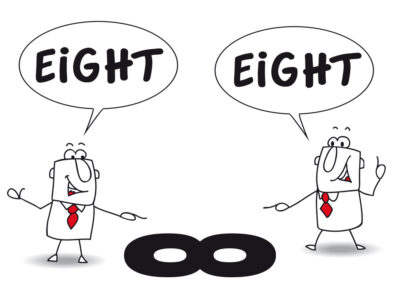If you were to apprentice as a plumber, there would be certain tools you’ll need, right? A wrench, perhaps. Pipe, maybe. In my case, wader boots. Similarly, a writer who aspires to a long and fruitful publishing career will need a few things, whether that person hopes and plans to become a novelist, columnist, or something else.
And yes, yes, I know, some smart aleck in the blogosphere has already suggested “pen, paper, computer, and printer.” Maybe even “brain, fingers, keyboard.” I get it. Very clever. But I’m talking about other tools of the trade that, surprisingly, many aspiring and developing writers ignore or neglect. I’ve even been surprised on occasion to discover that writers of a more sophisticated and accomplished ilk (such as those who use the word “ilk” from time to time) lack some of the following. But at least in one writer’s long and varied career (mine), the following have proved their worth many times over:
A library card
Once upon a time, people borrowed books from institutions called libraries. They also received research help from the reference desk. And sometimes even perused wonderful used-book sales once or twice a year. Those practices still exist, and libraries have expanded the services they offer. I no longer have the research desk on my speed dial (remember speed dial?), but I use my library card to borrow ebooks and audiobooks on apps such as Hoopla and Libby.
A website
Many people make the mistake of thinking they’ll launch a website for their writing after their debut book is released. That’s a mistake. A quality author website doesn’t have to be expensive or extensive, but it can help to promote your writing and expand your tribe.
A professional head shot
Yes, you could have your aunt take your photo on your smart phone and use it as a head shot, but don’t. I beg you. A good writer deserves a good head shot, for use not only on the back covers of all of the books you’ll be selling and publishing but also for your book proposals’ author section, website, blog, social media, speaking-engagement announcements, article blurbs, and so on.
A professional email address
I still regularly encourage excellent writers to ditch the AOL or Yahoo email address for something that makes a professional impression. And I’m always surprised when I encounter someone who has a website (such as bobhostetler.com) but still uses a Gmail address for their writing. It’s not hard to “point” your email through your website address.
A business card
It’s also not hard or expensive to produce a professional business card for your writing ministry (ideally with your head shot—see above—on it). I’ve used various services, including local print shops and Moo.com.
A filing system
Do you have a file cabinet? Or a box for your files? Something else? If you haven’t discovered it already, you will soon: A writer who is producing ideas and copy and proposals and manuscripts and contracts and bank statements and tax returns and so on needs some place to put those things. Some place they can be quickly and easily found in the future. Some place besides the grocery bag at the back of your closet. You know who you are.
A to-do list
I wrote a little about this item in my post “Stop Procrastinating—Right Now.” So I won’t go on at length in this post. But the tasks a productive writer must accomplish are so numerous and varied (first draft, second draft, proofreading, editing, reviewing edits, cashing huge checks, etc.) that a to-do list of some kind is essential.
A reminder method
The busier you become as a writer, the more difficult it is to remember everything. Did I make those corrections? Did I call her back? What was that phrase I wanted to remember for my WIP? Some writers use the “reminders” function on their phone. Others plaster Post-It notes on their computer screen. I use my bullet journal and a “bring-up” file, also called a “tickler file” by some (explained in detail in this post). For certain reminders, I also set occasional alarms on my phone to jog my memory.
What about you? Agree? Disagree? Have something else (or better) to add to the list? Let me know in the comments, and you could win the illegible Post-It note that was in my “bring-up file” this morning.











